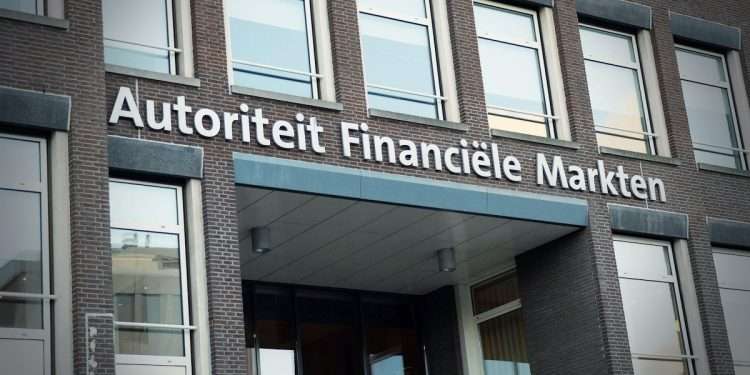Position Paper on Sustainable Finance Disclosure Regulation
The Dutch Authority for the Financial Markets (AFM) issued a position paper on plans to amend the EU Sustainable Finance Disclosure Regulation (SFDR).
AFM believes that the current version of Sustainable Finance Disclosure Regulation performs well in terms of transparency of information disclosure, but the comparability and consistency of information disclosure are still insufficient. The AFM’s position paper makes changes to the SFDR that can promote the flow of funds to investments with a sustainable impact and be more meaningful to investors.
Relate Post: EFAMA Releases a Report on Fund Market under SFDR
Information Disclosure and Product Classification of SFDR
Sustainable Finance Disclosure Regulation requires financial market participants to regularly certify sustainability claims. This requirement can reduce greenwashing risk and help investors evaluate the sustainability of products. SFDR distinguishes between investment products that include sustainable features (Article 8) and sustainable targets (Article 9), and requires asset managers to classify products based on their sustainable features.
AFM believes that this classification method is not suitable for practical application. SFDR does not specify thresholds for the two classifications, which may lead to an uneven playing field. AFM’s research shows that investors are interested in sustainable products and see sustainability as a way to achieve a better risk-reward ratio. However, it is difficult for investors to distinguish the difference between Article 8 funds and Article 9 funds, and they do not understand the definitions of sustainable assets, which makes it difficult to choose products that meet investor preferences.
Additionally, market participants, distributors and investors are looking for simpler classifications of sustainable products rather than loose definitions. The SFDR’s interpretation of sustainable investing is very broad, which makes the Article 8 and Article 9 classifications dependent on the interpretation of the concept. Although SFDR stipulates the percentage of assets in investment products, the value based on percentage comparisons is very limited when the definition is not clear.

AFM’s Recommendations on the Revision of SFDR
AFM believes that SFDR should be investor-oriented and design a more friendly way of classifying investment products. The AFM recommends canceling the Article 8 and Article 9 classifications and requiring all financial products to disclose certain sustainability indicators. SFDR can adopt a new sustainable classification method:
- Transition Products: Investing in companies that are not yet sustainable but plan to become sustainable, with the aim of creating a sustainable impact through active management. Investee companies need to have solid transition plans.
- Sustainable Products: Investing in sustainable assets, although these sustainable assets do not necessarily have a positive impact (these assets themselves have sustainable characteristics). This product type is suitable for investors with sustainable preferences.
- Sustainable Impact Products: Investing in sustainable assets that can create a positive impact, and these assets not only have sustainable characteristics, but also can exert sustainable impacts.
The AFM recommends that investment products that meet the sustainable classification need to invest at least 80% of funds in corresponding assets and regularly disclose changes in these characteristics. The naming of investment products should also conform to the above classifications, and related terms from other categories cannot be used. If an investment product does not meet any of the above investment categories, it can be classified as other products, but it also needs to disclose sustainable characteristics to allow investors to make judgments.
AFM believes that in addition to investors, SFDR should also provide regulations on the distribution of investment products. These regulations can help investors understand the characteristics of sustainable products. Therefore, the modification of SFDR should be accompanied by the modification of the EU Markets in Financial Instruments Directive (MiFID) and have an impact on participants upstream and downstream of the product value chain.
Reference:
AFM Publishes Position Paper on SFDR
ESG Advertisements Contact:todayesg@gmail.com








